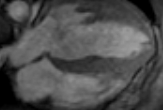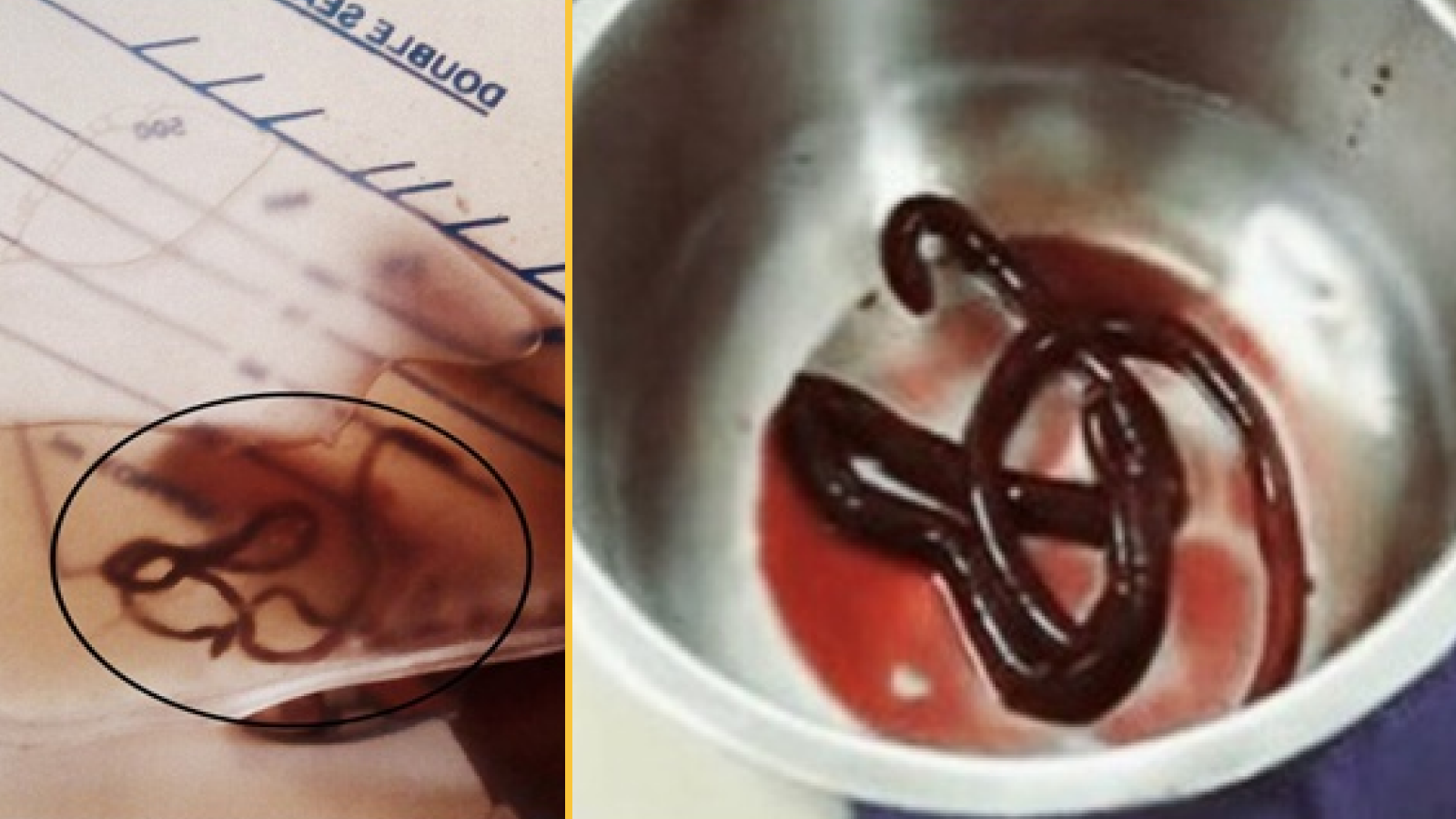Doctor's Advice: Have Your Heart Attack During Normal Business Hours

No time is a good time to have and survive a heart attack.
But a new study finds that normal business hours are your best bet.
Heart attack victims who arrive at a hospital during off-hours or on the weekend wait longer for help and are at a higher risk of death, according to a study in the Aug. 17 issue of the medical journal JAMA.
"Many patients at night and on weekends have very long delays," said study member Harlan Krumholz of the Yale School of Medicine.
Krumholz and his colleagues looked at records of 33,647 patients treated with percutaneous coronary intervention, called PCI. It includes angioplasty, in which a catheter-guided balloon is inserted to open a narrowed coronary artery.
The records, from various types of emergency facilities around the country, were from 1999-2002. Regular hours were considered weekdays, 7 a.m. to 5 p.m.
The time it took to get a balloon inserted, from the moment a patient entered the door, averaged 94.8 minutes during regular hours. For patients admitted after hours and on weekends, it took 116.1 minutes.
Sign up for the Live Science daily newsletter now
Get the world’s most fascinating discoveries delivered straight to your inbox.
The delay was mostly due to longer intervals between obtaining electrocardiograms and patient arrival at the catheterization laboratory, the researchers found.
"This study highlights the need to focus on improving our systems of care during these times for patients who are referred for procedures to treat heart attacks," Krumholz said.
The study mirrors one announced earlier this month in which babies born at night are 12 percent more likely to die in their first month.
Resolving these problems comes down to a balance between the goal of perfect care and the prohibitive cost of that goal.
"One way to improve the timeliness of PCI during off-hours would be to provide onsite staffing of the cardiac catheterization laboratory around-the-clock," the researchers write. "However, the clinical benefits of providing continuous in-house staffing of the cardiac catheterization laboratory must be weighed against the extra cost of providing such coverage."
- The Odds of Dying
- Loss of Loved One Really Can Cause Broken Heart
- Hospitals and Doctors Lag Behind Information Age
- Cancer Takes Over Top Spot as Killer of Americans Under 85
- Deadly Bugs Survive for Weeks in Hospitals
- Babies Born at Night More Likely to Die











